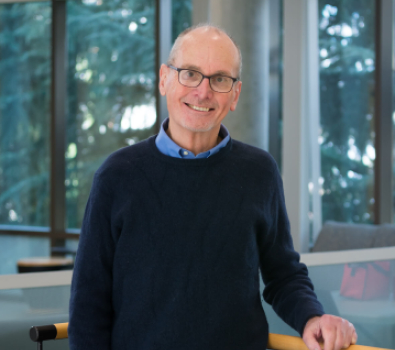
Press Release
Benaroya Research Institute’s Dr. Peter Linsley Receives Puget Sound Business Journal Lifetime Achievement Award
Read More
External News
Meet UW’s First Rhodes Scholar in 13 Years: 19-Year-Old Shubham Bansal
Learn More ➡
External News
UW Undergrad Named 2026 Rhodes Scholar
Learn More ➡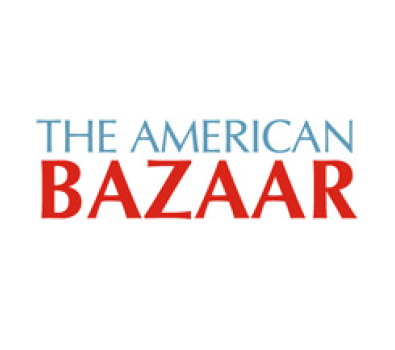
External News
Four Indian Americans Win 2026 Rhodes Scholarships
Learn More ➡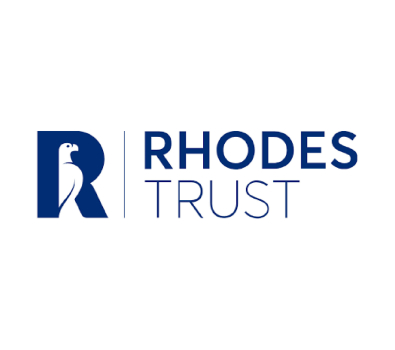
External News
American Rhodes Scholars-Elect for 2026
Learn More ➡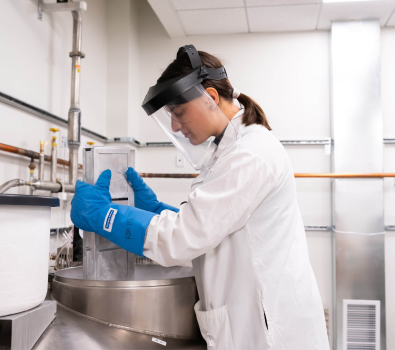
External News
Benaroya Research Institute — a Global Resource for Disease Researchers
Learn More ➡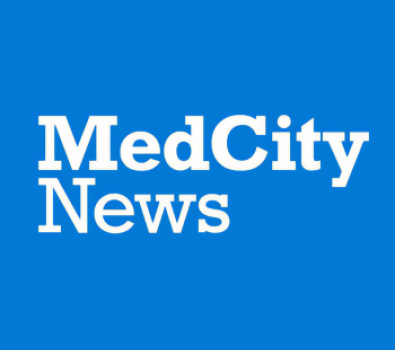
External News
Big Bets, Long Bets: Investing in the Power of Ideas
Learn More ➡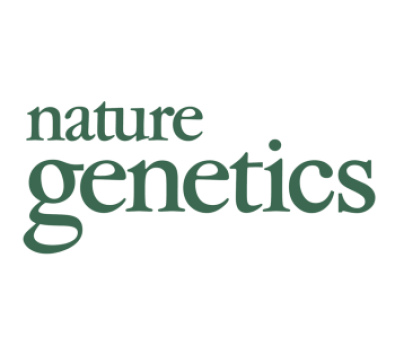
Press Release
New Genomic Screens Illuminate How Genetic Variants Drive Autoimmune Disease Through T Cells
Read More
External News
New US$3.1 Billion Foundation Takes Big, Long-Term Bets on Bioscience, AI and the Environment
Learn More ➡
External News
Fund for Science and Technology Pledges $500 Million Over Four Years
Learn More ➡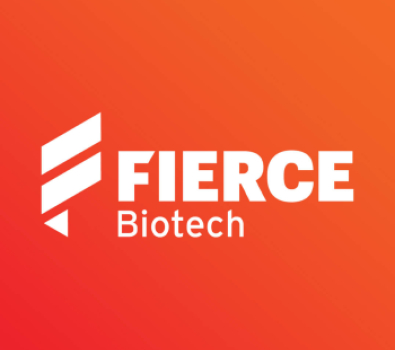
External News
New Foundation From Microsoft Cofounder Reveals Inaugural Research Grants, Pledges $500 Million Funding
Learn More ➡
External News
InnovationRx: Microsoft Cofounder Paul Allen’s Estate Launches $500 Million Fund for Research
Learn More ➡
External News
New Fund for Science and Technology Announces Inaugural Grants
Learn More ➡
External News
Paul Allen’s Estate Launches Science and Tech Fund With $3.1 Billion Endowment
Learn More ➡
External News


